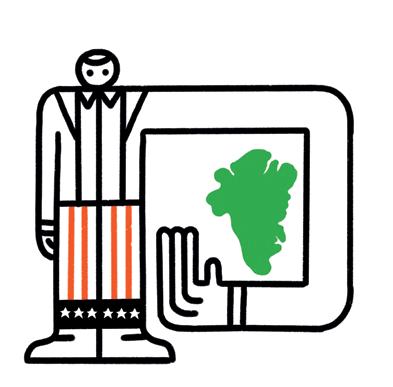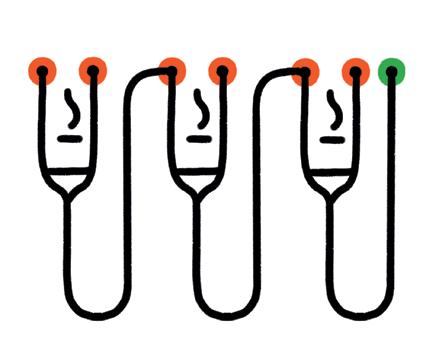
2 minute read
Notable &Quotable
— Professors Joseph Blocher and Mitu Gulati note that the principle of self-determination — “the notion that peoples should be able to choose their sovereignty, rather than have it assigned to them” — is now a dominant consideration in transfers of sovereign territory. (Politico, Aug. 23, 2019)
— Associate Clinical Professor Jeff Ward JD/LLM ’09, reacting to news that Amazon got a patent on a home surveillance drone, said that “surveillance capacity is so ubiquitous that perhaps only science fiction has suggested anything close.” (NPR, June 22, 2019)

— Professor Arti Rai, commenting on how the scientific and business landscapes have changed since the Supreme Court ruled, in 2013, in Association for Molecular Pathology (AMP) v. Myriad Genetics Inc. that human genes can’t be patented because they are a “product of nature.” (Science, June 2, 2019)
— Professor Nita Farahany JD/MA ’04, PhD ’06, commenting on a study in which researchers successfully restored some cellular activity in brains removed — hours earlier — from slaughtered pigs. (The New York Times, April 17, 2019)
— Professor Michael Frakes, co-author of a National Bureau of Economic Research study showing that physicians are no better than other patients in following their doctors’ orders and other medical guidelines for their own health care, thus challenging the idea that better informed patients make better decisions. (The Atlantic, July 9, 2019)
— Professor Stephen Sachs, who co-authored an amicus brief with the Supreme Court in FTB v. Hyatt, disagreed with the Court’s decision to overrule Nevada v. Hall and declare that states have sovereign immunity in other states’ courts on structural, as opposed to textual, concerns. (Reason, May 13, 2019)











